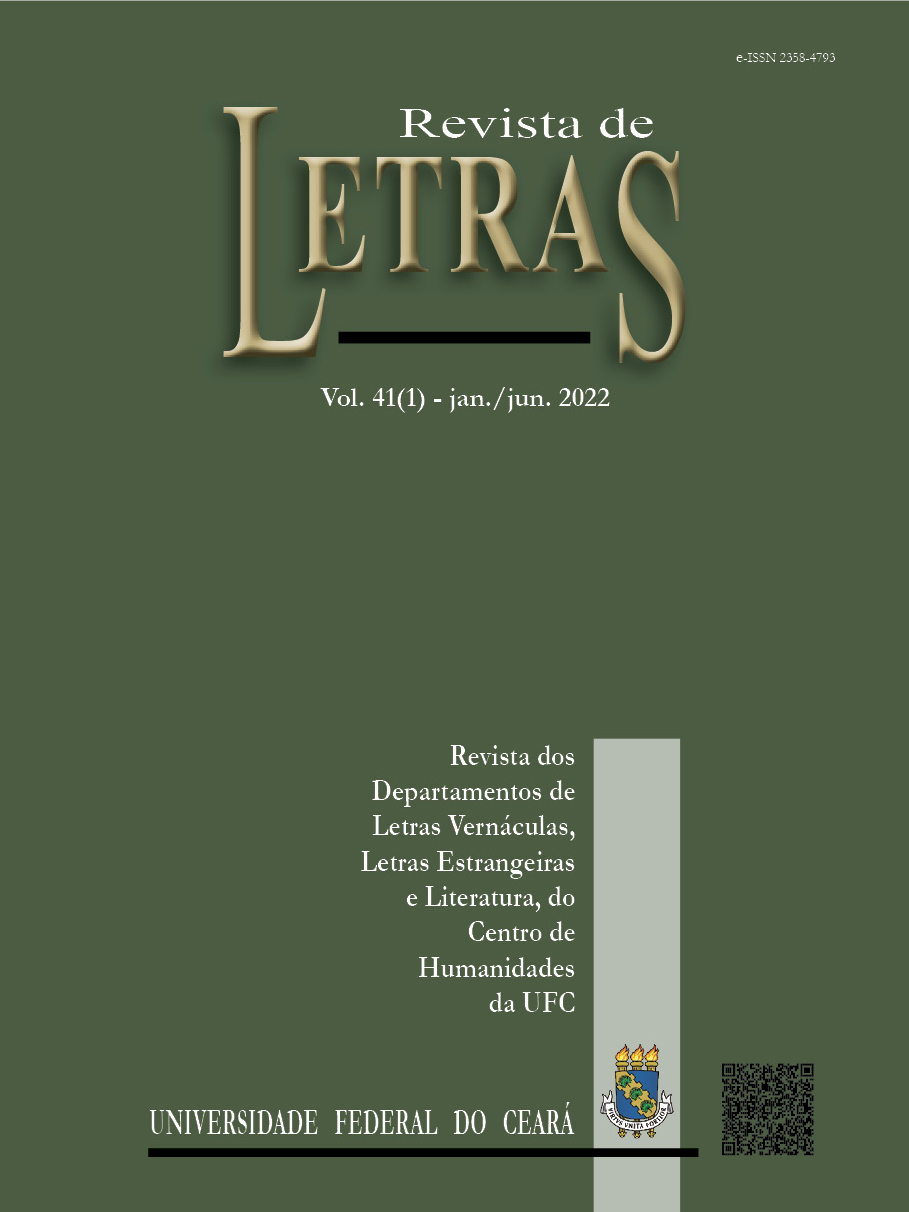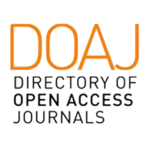SOBRE O(S) COMPÓSITO(S) DE GÊNEROS
DOI:
https://doi.org/10.36517/revletras.41.1.8Abstract
e understand that texts, as participants of genres, do not work in a vacuum. In the real world, as phenomena that organize life and society, genres are related in different ways. In Brazil (MARCUSCHI, 2000; BONINI, 2011; BEZERRA, 2012; 2017; ARAÚJO, 2006; 2021) and abroad (BHATIA, 2004; SWALES, 2004; BAZERMAN, 2005) there are authors that have already focused on the conceptualization of different genre grouping, from different theoretical affiliations. Following this perspective, this work aims to characterize and discuss one more type of generic grouping, which we call a composite of genres. Based on rhetorical genre studies (MILLER, 2009; 2015; BAZERMAN, 2005; 2009) and Textual Linguistics (CAVALCANTE et al; 2019), we analyzed an example of three types of composites in different media – print, audiovisual and digital –, in which we verify how different genres relate each other and are realized themselves by texts. The results, still incipient, point to two characteristics that differentiate what we have called composite from other genre grouping: the updating of different genres in the same enunciative space and the interrelationship between them, established by a discursive–pragmatic link or technical link, which will vary depending on the media used, without any of the genres losing its peculiarities.
Keywords: Genre grouping. Composite of genres. Genre analisys.
Downloads
Downloads
Published
How to Cite
Issue
Section
License
Autores que publicam nesta revista concordam com os seguintes termos:- Autores mantêm os direitos autorais e concedem à revista o direito de primeira publicação, com o trabalho simultaneamente licenciado sob a Licença Creative Commons Attribution que permite o compartilhamento do trabalho com reconhecimento da autoria e publicação inicial nesta revista.
- Autores têm autorização para assumir contratos adicionais separadamente, para distribuição não-exclusiva da versão do trabalho publicada nesta revista (ex.: publicar em repositório institucional ou como capítulo de livro), com reconhecimento de autoria e publicação inicial nesta revista.
- Autores têm permissão e são estimulados a publicar e distribuir seu trabalho online (ex.: em repositórios institucionais ou na sua página pessoal) a qualquer ponto antes ou durante o processo editorial, já que isso pode gerar alterações produtivas, bem como aumentar o impacto e a citação do trabalho publicado (Veja O Efeito do Acesso Livre).

.png)






.png)
